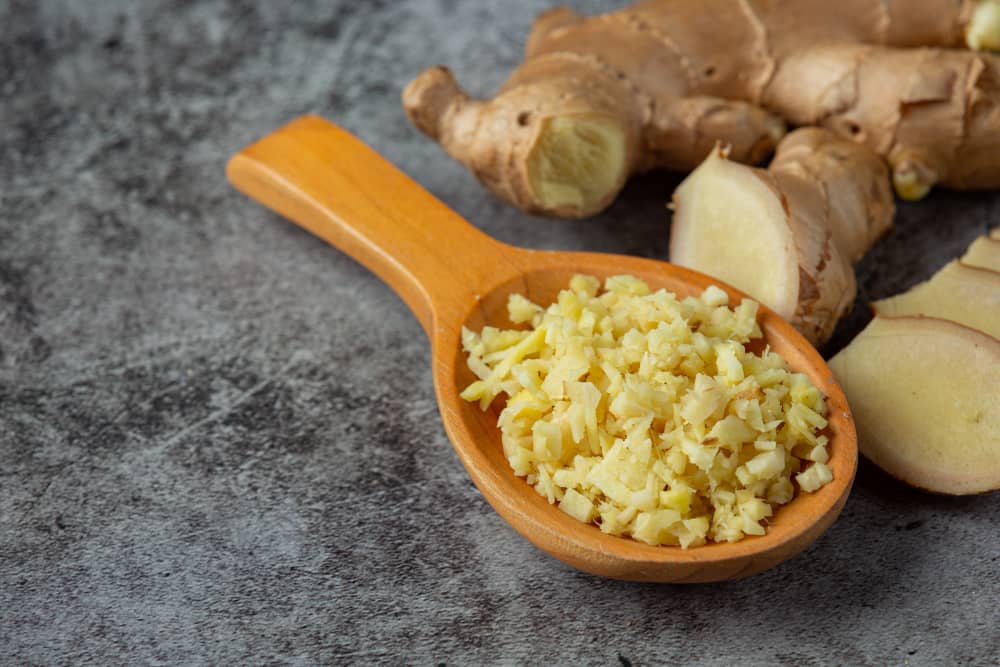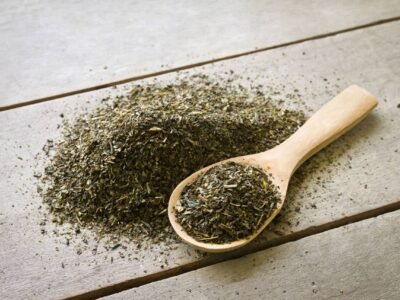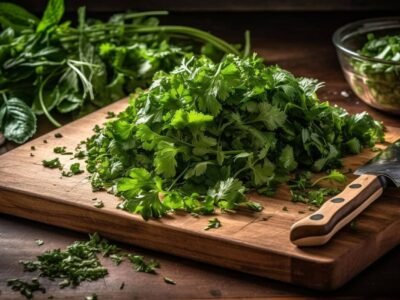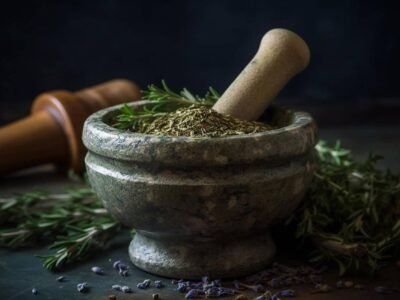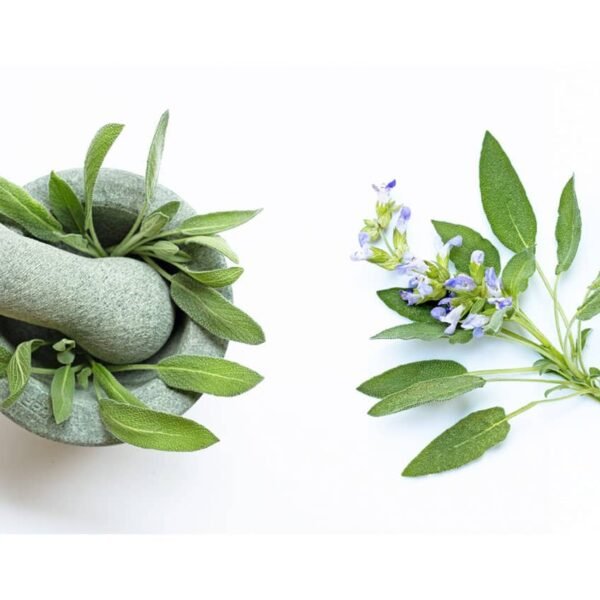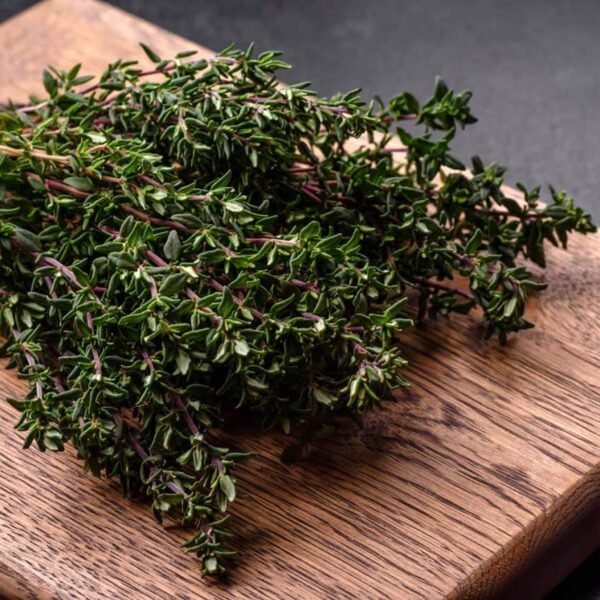Ginger is a versatile and aromatic root that has been used for centuries in various cuisines and traditional medicines. Known for its distinct flavor profile, ginger adds a zesty kick to both sweet and savory dishes. Whether you’re making a spicy stir-fry or baking a batch of gingerbread cookies, this humble spice can elevate any recipe.
Not only does ginger pack a flavorful punch, but it also boasts an impressive array of health benefits. Its active compounds, such as gingerol and zingiberene, have powerful anti-inflammatory properties that can help alleviate symptoms of arthritis and reduce muscle soreness.
Additionally, ginger has long been hailed for aiding digestion by soothing the stomach and relieving nausea. From easing menstrual cramps to boosting immune function, this ancient remedy continues to be celebrated for its holistic healing properties.
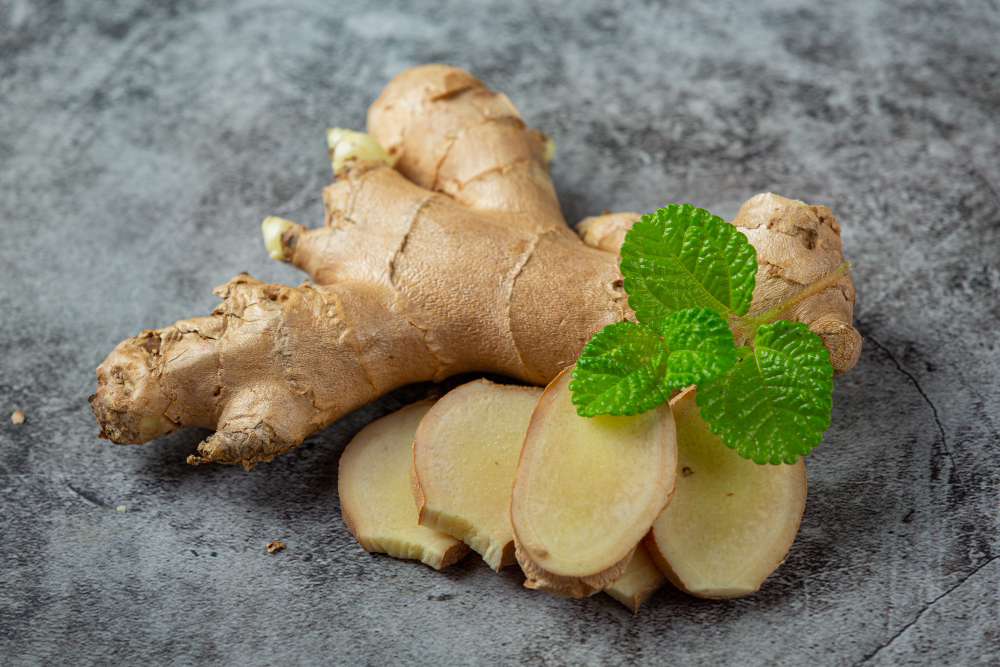
Overview of Ginger
Ginger, scientifically known as Zingiber officinale, is a flowering plant that has been used for centuries in traditional medicine and culinary practices. Native to Southeast Asia, ginger is now cultivated worldwide due to its numerous health benefits and unique flavor profile.
This versatile herb is not only renowned for its distinct spicy taste but also cherished for its medicinal properties, making it a staple ingredient in various cuisines and a popular natural remedy.
Ginger owes much of its popularity to the bioactive compounds present in its rhizome, the underground stem from which the plant grows. These compounds include gingerol, shogaol, and zingerone – all of which contribute to ginger’s characteristic pungency and potent antioxidant properties.
Benefits of Ginger
Ginger is a versatile spice that has been used for centuries for both culinary and medicinal purposes. One of the main benefits of ginger is its ability to aid digestion. It can help reduce bloating, relieve stomach discomfort, and improve overall digestion by increasing the production of digestive enzymes.
Additionally, ginger has been found to have anti-inflammatory properties, making it a popular natural remedy for various inflammatory conditions such as arthritis. Its active compounds, called gingerols, have shown promising effects in reducing inflammation levels in the body.
Another significant benefit of ginger is its potential to alleviate nausea and vomiting. Many studies have demonstrated that consuming ginger can effectively reduce chemotherapy-induced nausea and morning sickness during pregnancy.
Ginger works by blocking certain receptors in the brain that trigger these symptoms, providing relief without causing any side effects commonly associated with antiemetic medications. Moreover, ginger has also been found to possess antimicrobial properties, which means it may help fight against certain bacteria and viruses when consumed or applied topically.
Ginger offers numerous health benefits due to its digestive-aiding properties, anti-inflammatory effects, and ability to alleviate nausea. Adding this flavorful spice to your diet or using it as a natural remedy may contribute to your overall well-being.
Different Ways to Use Ginger
Ginger is a versatile and aromatic spice that has been used for centuries in various cultures worldwide. It is known for its strong and distinctive flavor, as well as its numerous health benefits. While ginger is commonly used in cooking and baking, several other creative ways exist to incorporate this root into your daily routine.
One of the most popular uses of ginger is in tea. Ginger tea can be made by simply steeping freshly sliced or grated ginger in hot water. This soothing beverage provides warmth and comfort and helps with digestion, reduces inflammation, and boosts the immune system.
Another way to enjoy the benefits of ginger is by adding it to smoothies or juices. The spicy kick of ginger adds a refreshing twist to any drink while providing antioxidant properties and aiding digestion. Additionally, ginger can be pickled to create a zesty condiment that can be used to enhance the flavors of various dishes such as stir-fries, salads, or sandwiches.
Whether you choose to use it in tea, smoothies, pickles, or even baked goods like cookies or cakes, incorporating ginger into your diet can add depth of flavor and provide numerous health benefits. Its versatility makes it an essential ingredient that can enhance both sweet and savory dishes while promoting overall well-being.
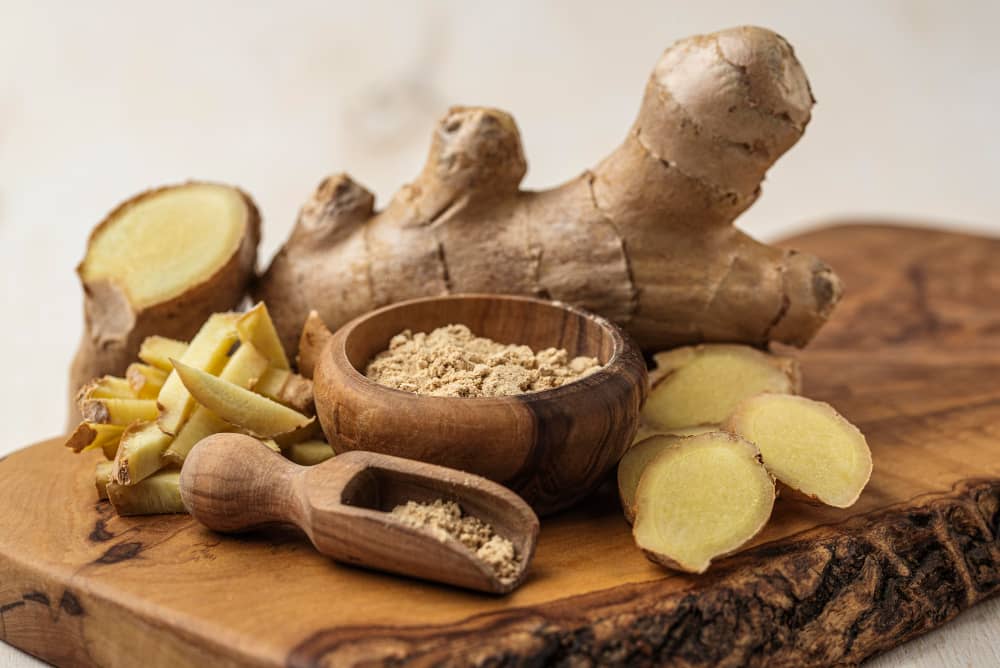
Ginger Tea Recipes
Ginger is a popular spice that has been used for centuries in both culinary and medicinal purposes. It is known for its strong and distinct flavor, as well as its numerous health benefits. Ginger contains powerful antioxidants and anti-inflammatory compounds that can help boost the immune system, aid digestion, reduce nausea, and relieve muscle pain. Ginger’s warm and spicy taste adds a unique touch to many dishes and beverages.
Making ginger tea is one of the most common ways to consume ginger. This soothing beverage provides all the health benefits of ginger and helps to relax and unwind after a long day. Various recipes for ginger tea cater to different tastes and preferences. For a simple yet refreshing option, you can steep fresh grated ginger in hot water, lemon juice, and honey for sweetness. Alternatively, you can spice up your tea by adding cinnamon sticks or cardamom pods for an extra kick.
If you’re looking for a more exotic twist on traditional ginger tea recipes, there are plenty of options to explore. For instance, you can combine grated fresh turmeric with ginger to create a vibrant golden-hued tea that is delicious and rich in anti-inflammatory properties.
Another interesting variation is adding mint leaves or lemongrass stalks to your ginger tea for a refreshing herbal infusion with added cooling effects. Regardless of which recipe you choose, one thing is certain – indulging in a cup of homemade ginger tea will surely warm both your body and soul!
Tasty Ginger Recipes
Ginger is a root spice used for centuries in various cuisines and medicinal practices. It has a strong, aromatic flavor is known for its numerous health benefits. Ginger contains powerful antioxidants and anti-inflammatory compounds that can help reduce pain and inflammation. It is also commonly used to aid digestion by reducing nausea, bloating, and indigestion.
When it comes to tasty ginger recipes, there are countless options to choose from. One popular choice is ginger tea, which can be made simply by boiling fresh ginger slices with water and adding honey or lemon for taste. This warm and soothing beverage helps relieve cold symptoms and provides a refreshing start to the day.
For those looking for something more substantial, ginger can be incorporated into stir-fries or curries to add depth of flavor. The combination of ginger’s spiciness with other ingredients like garlic, soy sauce, and vegetables creates a delicious blend of flavors that will leave you craving for more. Also, ginger can be used in baking – from moist gingerbread cookies to zesty ginger cupcakes – its distinct taste adds a unique twist to traditional desserts.
In conclusion, the versatility of ginger makes it an excellent ingredient to experiment with in the kitchen. Whether you’re looking for something comforting or excitingly spicy, incorporating tasty ginger recipes into your everyday meals will enhance the flavors and provide numerous health benefits.
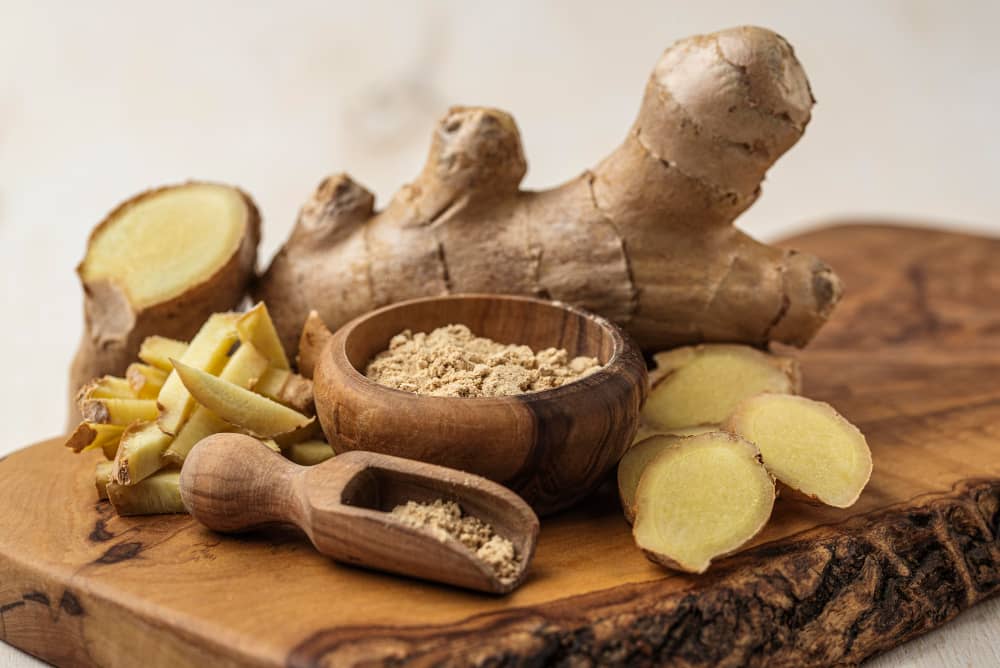
Cautions About Ginger Consumption
Ginger is a popular spice and medicinal herb used for centuries due to its potential health benefits. However, it is important to be aware of certain cautions when consuming ginger. Firstly, ginger may interact with certain medications such as blood thinners, anti-diabetic drugs, and high blood pressure medications. It can either enhance or reduce the effects of these medications, leading to potential health complications.
Secondly, excessive consumption of ginger can cause digestive issues such as heartburn, stomach upset, and diarrhea. This is particularly true for individuals with a sensitive stomach or who suffer from conditions like acid reflux or irritable bowel syndrome (IBS). Therefore, consuming ginger in moderation and monitoring any adverse reactions is recommended.
Lastly, pregnant women should exercise caution when using ginger as a remedy for morning sickness. While some studies suggest that small amounts of ginger are safe during pregnancy and may help alleviate nausea and vomiting, it is still advisable to consult with a healthcare professional before incorporating large quantities of ginger into the diet.
In conclusion, although ginger offers numerous potential health benefits, it is crucial to approach its consumption with caution. It’s always best to consult with a healthcare professional if you have any underlying medical conditions or are taking medication before incorporating large quantities of ginger into your diet.

